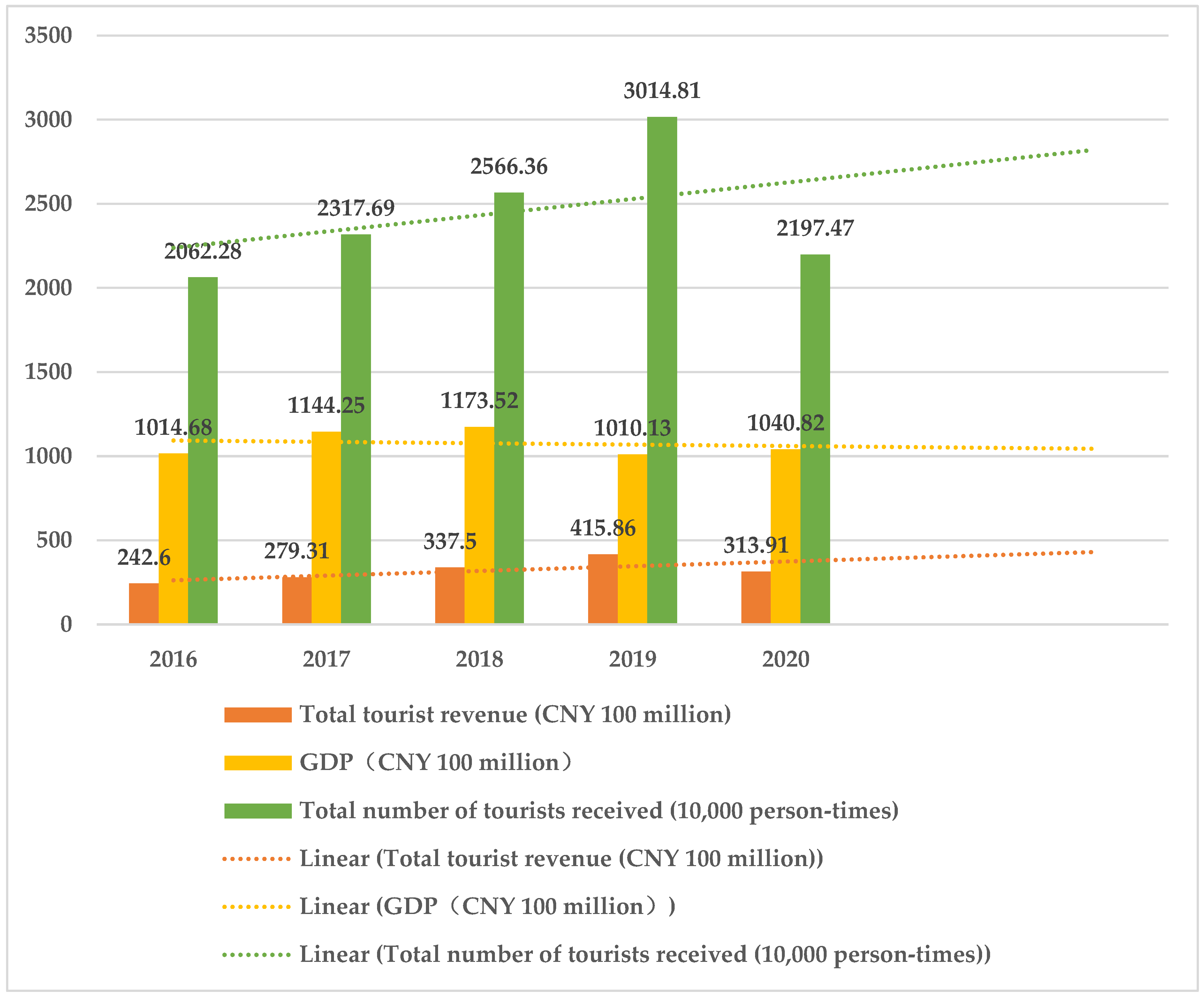The reign of Alexander III and the first decade of the reign of his son, Nicholas II, formed a quarter-century of consistent policies (1881-1904) of the kind Tolstoy attacked so eloquently. Both czars hated the earlier liberal reforms and were determined that there would be no more.
Yet a peasant bank set up under Alexander III made redemption payments easier for the peasants, and a few pieces of labor legislation made working conditions somewhat more tolerable. Countering these measures were the establishment of a special bank that extended credit to the improverished nobility, the reinstitution of rigorous censorship, and the institution in the countryside of so-called rural leaders or land captains in place of the elected justices of the peace.
Election procedure for the zemstvos and for the city assemblies was made far less democratic. There began a vigorous persecution of the minority nationalities and of Jews, a policy called Russification. In 1891 twenty thousand Jews were evicted from Moscow, and most were restricted to the Pale of Settlement, an area roughly identical to Byelorussia and the Ukraine. Official pogroms (organized massacres) were directed against them, especially in Kiev. A quota was applied to Jews, limiting their entry to high schools and universities. One result was massive emigration; over a million Jews, in a population of 5 million, left, many for America. Another result was that the intellectuals joined the various revolutionary movements.
Yet these years were also notable for steady growth. In 1892 Count Sergei Witte (1849-1915) came to the ministry of finance. Witte began the Trans-Siberian Railroad, put Russia on the gold standard, attracted much foreign capital (especially French) for investment, and balanced the budget, in part through a government monopoly of the sale of vodka.
The state-owned railroad network doubled in length between 1894 and 1904, and the need for rails stimulated the steel industry. Correspondingly, the number of urban workers multiplied, and many strikes were called in protest against wretched working conditions. In 1897 the working day was fixed by the state at eleven hours for adults, and other provisions were adopted to improve and regularize conditions. These laws, however, proved difficult to enforce.
Under the circumstances, many of the young generation of revolutionaries now turned to Marxist “scientific” socialism, embracing the class struggle and predicting the inevitable downfall of capitalism. A small clandestine group of the intelligentsia, formed in 1894-1895 at St. Petersburg, proposed to overthrow the regime, working with all opponents of the class system.
The members of the group included Lenin, a vigorous young intellectual of upper-middle-class origins. In 1898 this group and others formed the Social Democratic party, which in 1900 began to publish its own newspaper. Within party ranks, dissension soon arose over the question of organization. Should the party operate under a strongly centralized directorate, or should each local group of Social Democrats be free to agitate for its own ends? Lenin insisted on a small, tightly knit group of directors at the center. At the party congresses of Brussels and London in 1903, the majority voted with him.
Lenin’s faction thereafter was called by the name Bolshevik, meaning majority, as against the Menshevik, or minority group, which favored a loose, democratic organization for the party. The Mensheviks held to the ideas of George Plekhanov (1857-1918), who felt that Russia would be ripe for socialism only after capitalism and industrialism had progressed sufficiently to fulfill the needs of a Marxist class structure. Both groups remained Social Democrats, or SDs as they were often called.
Meanwhile, in 1901 the non-Marxist revolutionaries also organized a political party, the Socialist Revolutionaries, or SRs. Whereas the SDs as Marxists were initially interested almost exclusively in the urban workers, the SRs as populists were chiefly interested in the peasantry. Their aim was to redistribute the land, and they continued in their terrorist ways. They assassinated several cabinet ministers between 1902 and 1907, using as their slogan the cry “We don’t want reforms. We want reform!”
The moderates and liberals were a third political grouping—intellectuals indignant over government repression who favored nothing more radical than compulsory free private education and agrarian reform. The regime stubbornly made no distinction between them and the terrorists and Marxists. Thus the moderates also were forced to organize. In 1905 they took the name Constitutional Democratic party and were thereafter usually referred to as Kadets, from the Russian initials KD.

